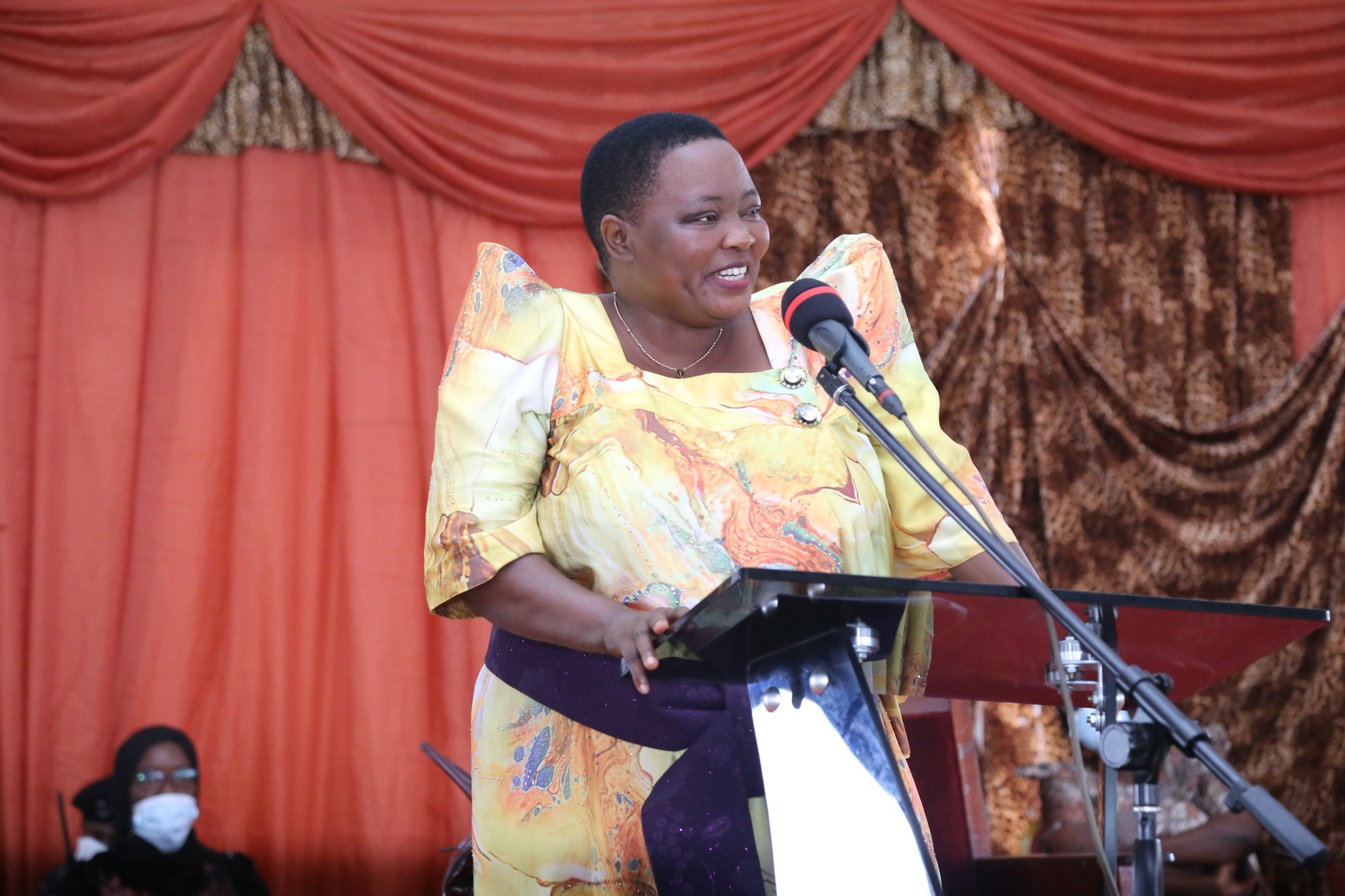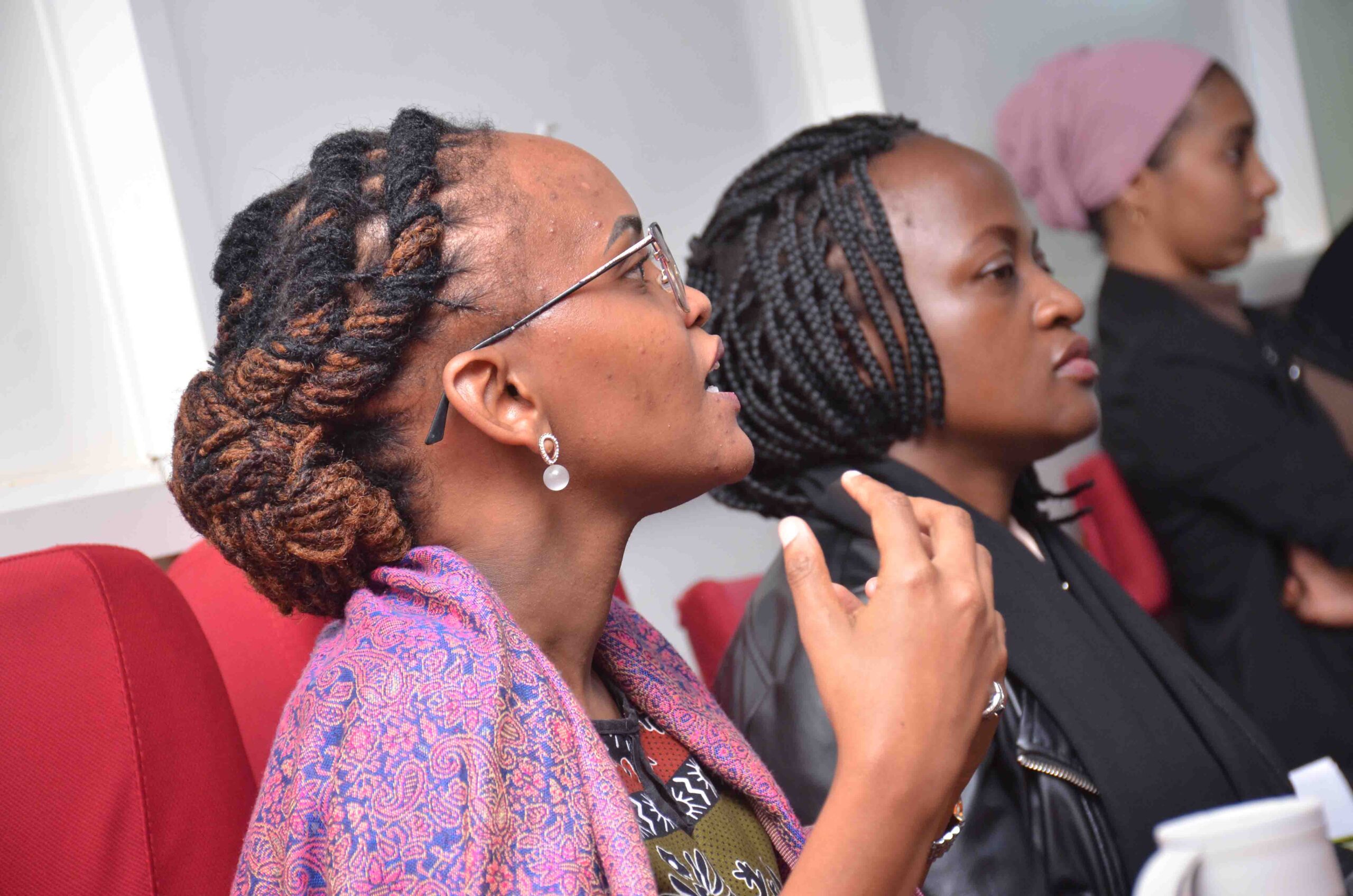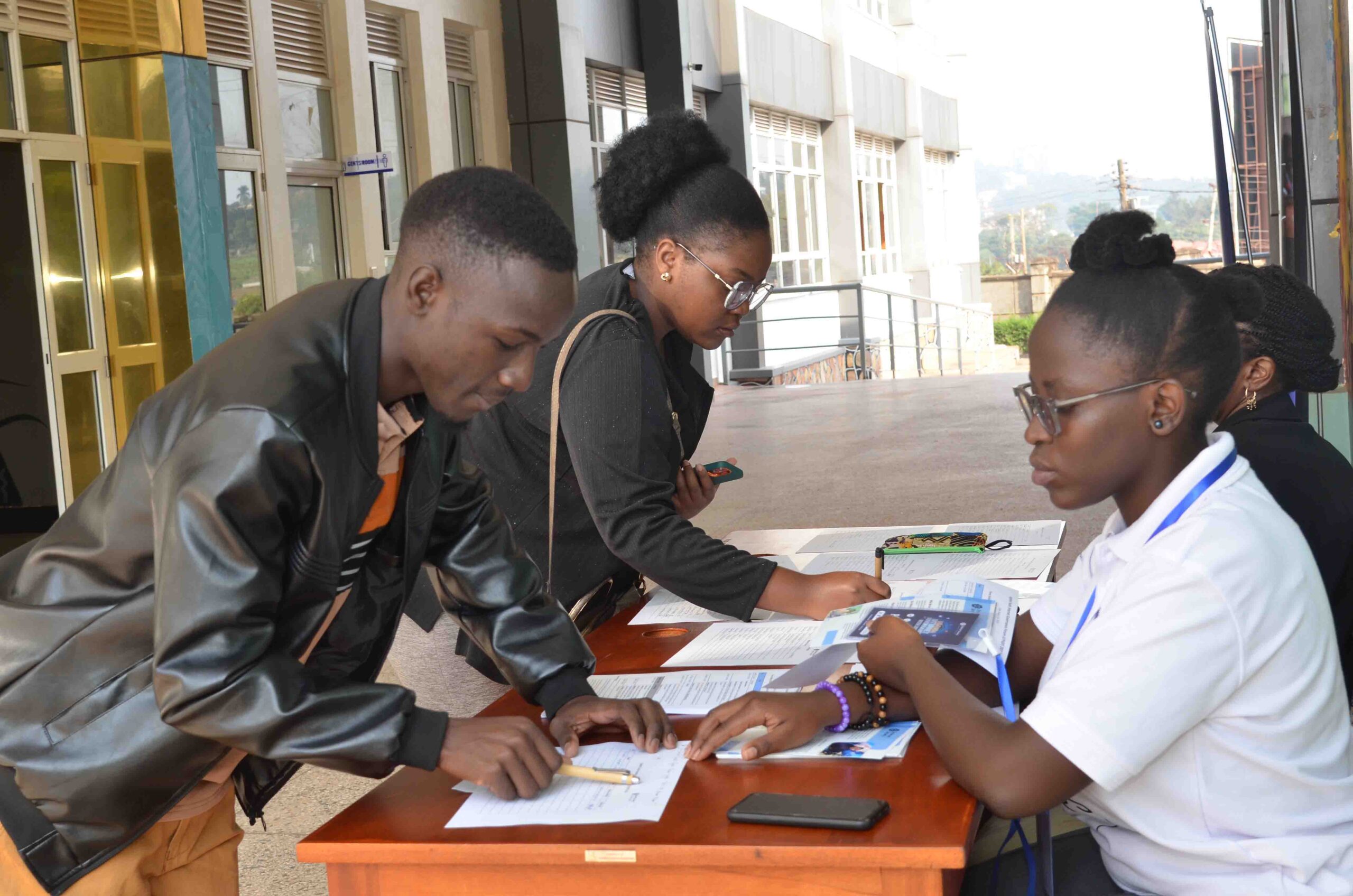The Persistent Challenge of Gender-Based Violence in Uganda: A Focus on Women and Girls.
efiug women deliberate on the impact of global programming to end Violence Against Women and girls
Gender-based violence (GBV) remains a deeply entrenched issue in Uganda, significantly impacting the lives of women and girls across the country. Despite numerous efforts by the government and civil society to address this issue, recent surveys and reports indicate that GBV continues to be a pervasive problem, with cultural, social, and systemic barriers hindering progress.
The Scope of the Problem
GBV is the most pressing women’s rights issue in Uganda today, according to recent findings. A substantial portion of the population acknowledges the prevalence of violence against women and girls within their communities. However, there’s a concerning discrepancy in how these issues are perceived and addressed. While most Ugandans agree that physical violence against women is unacceptable, a significant percentage still views domestic violence as a private matter rather than a criminal one, leading to underreporting and inadequate intervention.
In 2021, a national survey highlighted that 95% of Ugandan women had experienced some form of physical or sexual violence. Despite this alarming statistic, cultural norms and the fear of social stigma prevent many victims from seeking help. The same survey found that a large majority of women who suffer from sexual violence do not report the incidents, with many choosing to remain silent rather than face the potential backlash from their communities.
Recent Developments and Ongoing Challenges
In an effort to combat GBV, the Ugandan government has implemented various policies and legal frameworks, including the National Gender-Based Violence Action Plan. However, these measures have not fully translated into the desired outcomes on the ground. For instance, while the police are generally perceived as taking GBV cases seriously, the societal tendency to treat domestic violence as a non-criminal matter undermines law enforcement efforts and perpetuates a culture of impunity.
Moreover, the stigmatization of victims who report GBV further complicates the issue. A significant portion of the population believes that women who come forward with allegations of violence are likely to be criticized, harassed, or shamed, which discourages many from seeking justice.
The Role of Cultural and Social Norms
Cultural attitudes play a critical role in the persistence of GBV in Uganda. Traditional views on gender roles, coupled with a high tolerance for violence in some communities, contribute to the normalization of abuse. This cultural acceptance is a significant barrier to both prevention and intervention efforts.
Efforts to change these deeply ingrained norms require comprehensive education and awareness campaigns, particularly in rural areas where traditional views are more prevalent. Additionally, empowering women economically and socially is crucial in giving them the agency to resist and report abuse.
Looking Forward
Addressing GBV in Uganda requires a multifaceted approach that includes legal reform, community education, and stronger enforcement of existing laws. It also necessitates a shift in societal attitudes towards gender equality and the rights of women and girls. While progress has been made, the road ahead is long, and sustained efforts are needed to create a society where women and girls can live free from the fear of violence.
In conclusion, the fight against GBV in Uganda is far from over. The country needs to continue working on both legislative and cultural fronts to ensure that women and girls are protected and that their rights are upheld. Only then can Uganda hope to achieve meaningful and lasting change in the battle against gender-based violence.



